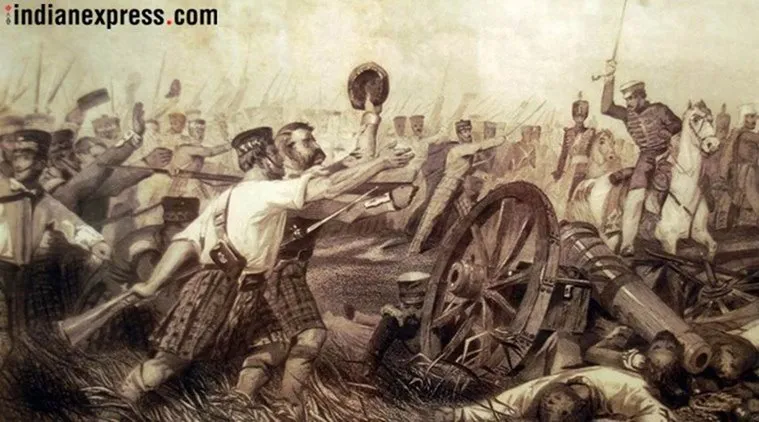
Readers may wonder what prompted the inhabitants of undivided India to go for the jugular of their neighbours with so deadly a passion. But not so in India and in most of the Asian countries. Killing and exodus in the name of religion may appear to be ridiculous to those who live in secular societies where the role of the state and the faith are clearly made non-concentric. About half a million people lost their lives and 14 million changed their domicile in the largest human migration in history. Partition of India into two states in 1947 was followed by one of the most cruel massacres and transfer of populations between the new states. Regarding any sense of Muslim political unity and nationhood as an outcome of the period of British rule, Dr Hardy shows the limitations and frailty of that unity and nationhood by 1947. He stresses the force of religion in the growth of Muslim political separatism, showing how the 'modernists' kept the conversation among Muslims within Islamic postulates and underlining the role of the traditional scholars in heightening popular religious feeling. Dr Hardy argues (contrary to the usual view) that Muslims were able to take political initiatives because, in the region of modern Uttar Pradesh, British rule before 1857 and even the events of the Mutiny and Rebellion of 1857-8 had not been economically disastrous for most of them.

He shows how the interplay of memories of past Muslim supremacy, Islamic religious aspirations and modern Muslim social and economic anxieties with the political needs of the alien ruling power gradually fostered a separate Muslim politics. Dr Hardy has attempted a general history of British India's Muslims with a deeper perspective.


 0 kommentar(er)
0 kommentar(er)
